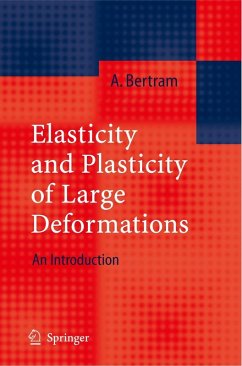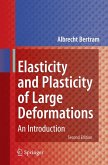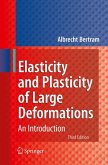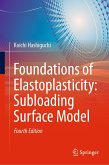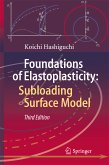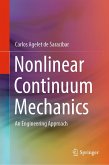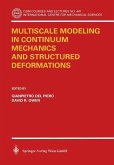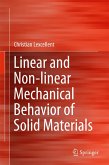The book offers a careful introduction to modern non-linear mechanics. The used mathematical tools, such as tensor algebra and analysis are given in detail. The general theory of mechanical behaviour is particularized for the broad and important classes of elasticity and plasticity. It is intended to bring the reader close to the fields of today's research activities. A list of notations and an index help the reader to find specific topics. The book is based on three decades of teaching experience in this field.
Dieser Download kann aus rechtlichen Gründen nur mit Rechnungsadresse in A, B, BG, CY, CZ, D, DK, EW, E, FIN, F, GR, HR, H, IRL, I, LT, L, LR, M, NL, PL, P, R, S, SLO, SK ausgeliefert werden.

